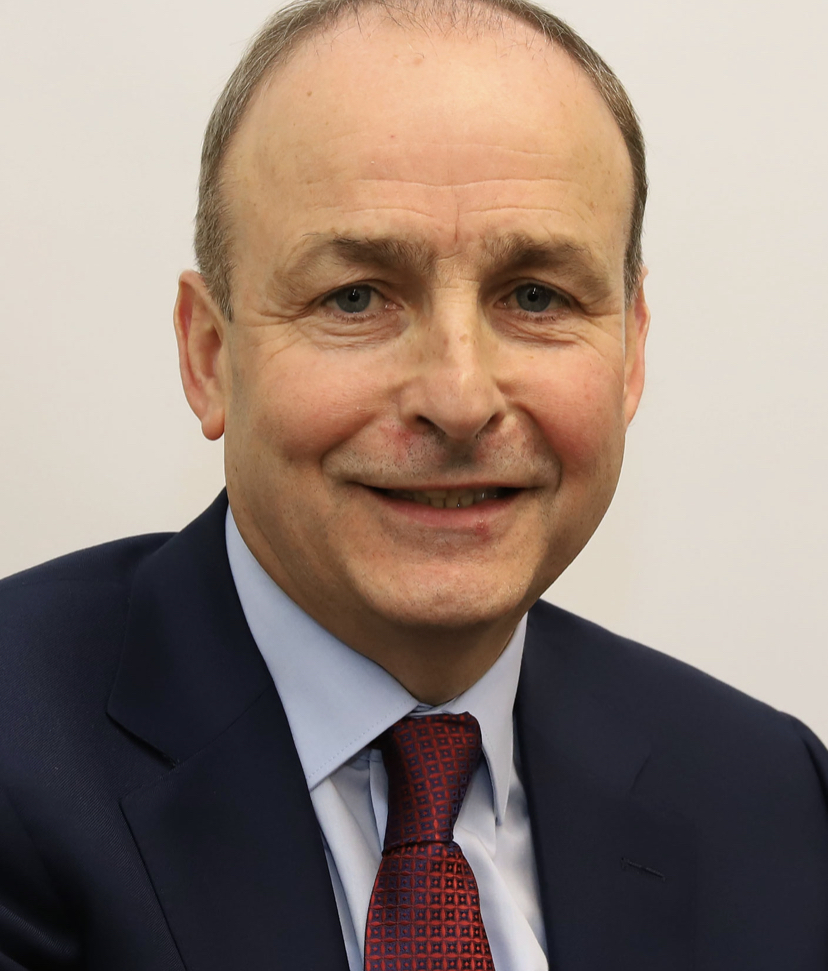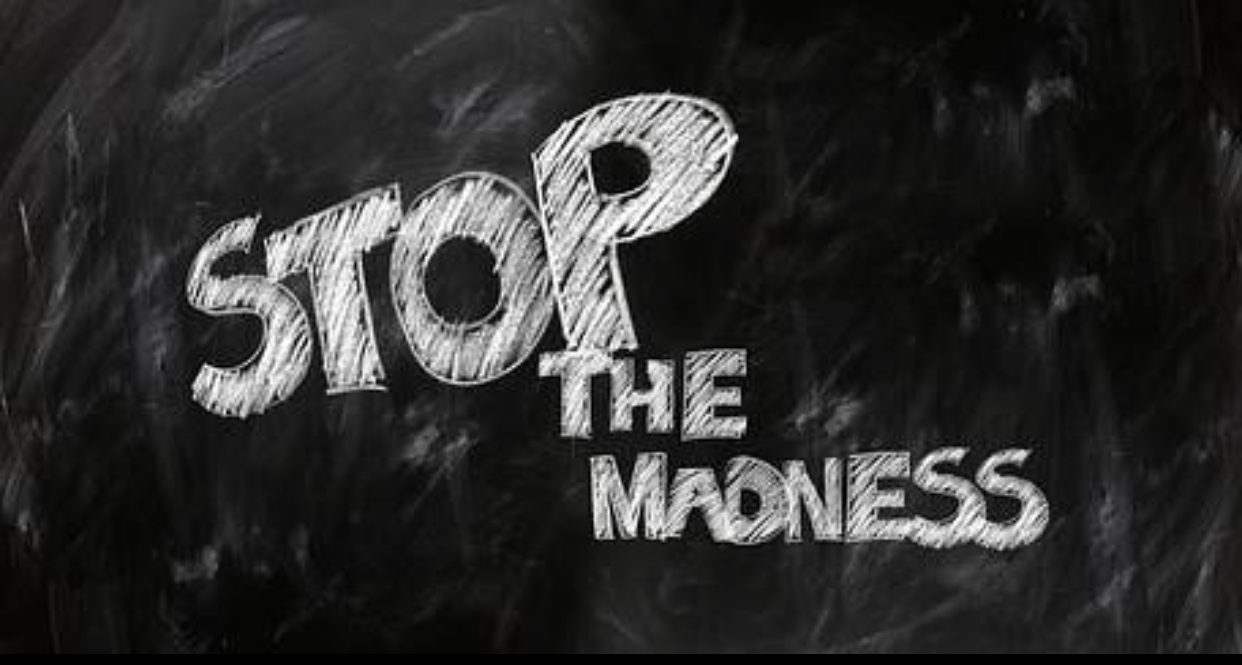Ireland’s Assessment of Needs Crisis: Thousands of Children with Autism Left Behind
In Ireland today, thousands of children with autism and other additional needs are being systematically failed by a government unable—or unwilling—to meet its legal responsibilities. Despite statutory obligations under the Disability Act 2005, the Irish state is not providing timely Assessments of Need (AON), nor is it delivering the vital follow-up therapy and supports that children are entitled to. This failure is condemning a generation of children to fall so far behind their peers that many may never catch up.
Latest data presented to the Dáil by Social Democrats deputy leader Cian O’Callaghan confirms that 14,221 children are currently overdue an Assessment of Need. The crisis is not only about delays in assessment, but also about what follows: children who do eventually receive assessments are then forced to wait years for the therapies recommended in their reports—services such as speech and language therapy, occupational therapy, and behavioural support.

This is not merely a bureaucratic failing; it is a humanitarian crisis. Children with autism are missing key developmental milestones while languishing on waiting lists. Families are watching helplessly as early intervention windows close, irreversibly affecting their child’s potential.
The case shared by musician Radie Peat and her partner Daniel Lambert—manager of the band Kneecap—illustrates the toll. Speaking on RTÉ, they revealed how they were advised to leave Dublin to seek better supports for their autistic daughter abroad. “They were told their child would get better support in any other European country,” said O’Callaghan. “They were told they would be better off leaving Ireland.”
And it’s not just autism services that are in crisis. In the Dáil, Sinn Féin leader Mary Lou McDonald relayed the story of a six-year-old autistic boy from County Waterford whose parents were told he would wait up to ten years for necessary dental surgery. Over 1,100 children are waiting four years or more for specialised dental care. Public dental services have declined by nearly 25% since 2006, worsening an already intolerable situation for children with additional needs.
The state’s legal obligation is clear. Once an AON is requested, the Health Service Executive (HSE) must begin the assessment within three months and complete it within a further three months. Yet these timeframes are routinely ignored. Fiona Ferris of the autism advocacy group As I Am highlights that thousands of assessments are overdue, with families often left in limbo for years.

This legal neglect has not gone unchallenged. The HSE has been sued over 200 times in the past three years for failing to comply with assessment obligations. In 2022, the High Court ruled against the use of a flawed “Preliminary Team Assessment” (PTA), introduced by the HSE in 2020 as a shortcut to clear the backlog. The PTA failed to deliver a proper diagnosis or pathway to services, and as a result, thousands of children must now be reassessed.
Despite €11 million allocated in 2023 to tackle the delays, structural issues remain unresolved. Over a third of therapist posts remain vacant, largely due to poor pay, lack of career progression, and housing unaffordability. Without trained professionals, children cannot access the services they are legally entitled to—even after years of waiting.
The emotional and financial toll on families is immense. Parents are forced to pay out-of-pocket for private assessments and therapy, often taking loans or cutting back on basic living expenses to support their child. Those who can’t afford to go private are left to cope alone, with some even withdrawing from employment to become full-time carers.
Taoiseach Micheál Martin has acknowledged the severity of the situation, admitting the size of the waiting list is “not tenable” and pledging that “a solution will be found.” However, families and campaigners have grown weary of political platitudes. They are demanding urgent, actionable change—not more reports, reviews, or empty promises.

The rights of children with disabilities should not be up for negotiation. A functional assessment and intervention system is not a luxury—it is a necessity. Every child deserves the chance to thrive, and that includes access to timely assessments and essential therapeutic supports. Yet in today’s Ireland, too many children are being left behind.
This is not just a disability issue; it is a national failure. The state’s inaction is creating lifelong consequences, increasing dependency in adulthood and placing further strain on already stretched public services down the line.
To fight back and demand accountability, visit www.dontleavethembehind.com or contact info@dontleavethembehind.com. Parents, professionals, and advocates must stand together to ensure that no child is left waiting in silence.

